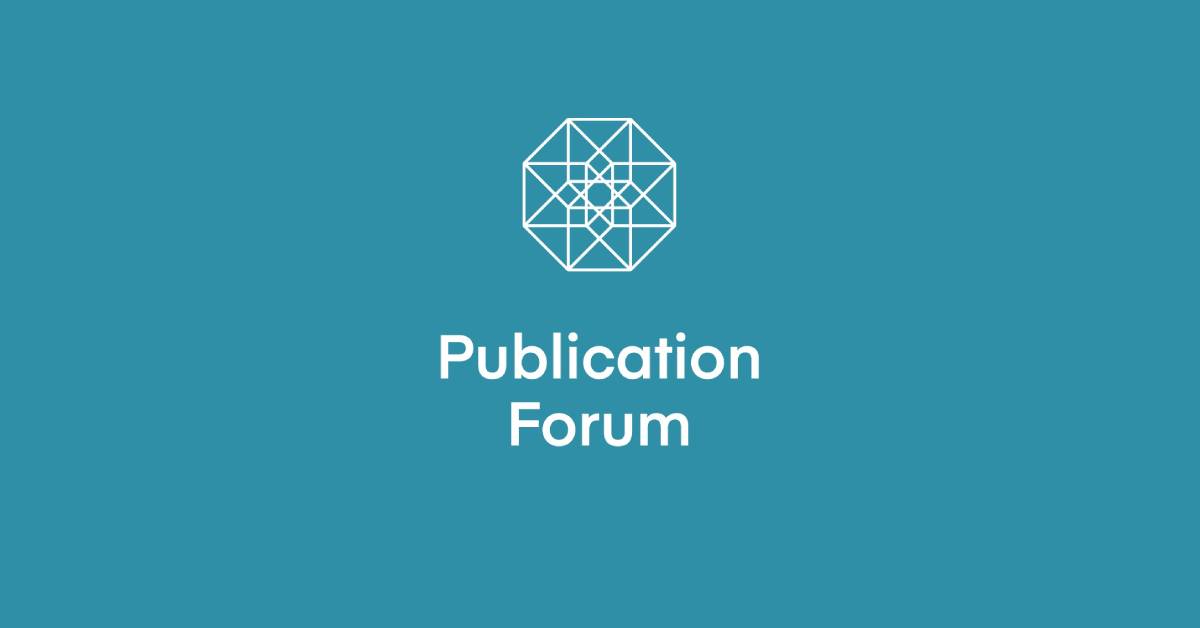Finland’s Publication Forum (JUFO) has announced a significant revision in its quality assessment ratings, downgrading 271 journals from major open-access publishers in its classification system. This decision, impacting journals from Frontiers and MDPI, has sparked a debate about the criteria used for evaluating journal quality.
Both publishers criticized the decision, initially reported by Times Higher Education, citing concerns over a lack of transparency and an apparent bias against fully open-access publishing models.
JUFO, a rating and classification system designed to assess research output quality and guide government funding for universities, categorizes journals on a scale from 0 to 3. Publications rated as “level 0” are considered equivalent to non-peer-reviewed content, carrying no weight in funding assessments. The new decision will take effect in 2025 and affect 193 MDPI journals and 78 Frontiers journals, according to JUFO’s December 16 announcement.
Concerns About Transparency and Fairness
Both MDPI and Frontiers have expressed concerns about the process and transparency of JUFO’s evaluation. In a statement, Giulia Stefenelli, Scientific Communications Lead for MDPI, described the downgrade as a generalized evaluation that undermines the individual merit of the affected journals. Similarly, Shirley Dent, Head of Public Relations for Frontiers, criticized the move as unfairly targeting open-access models, stating that it lacks substantial feedback and relies on anecdotal evidence.
JUFO’s evaluation highlighted the rapid growth in the number of articles published by open-access journals using the Article Processing Charge (APC) model. The organization expressed concerns that this expansion could compromise the quality of peer review and editorial processes. According to JUFO, the decision reflects apprehensions about the sustainability of rising publishing costs and their potential impact on thorough quality assessment.
The Debate Over Open Access Models
Critics of the decision argue that it unjustly penalizes journals that follow the open-access model, which relies on author-funded APCs. Frontiers emphasized that all its downgraded journals meet JUFO’s criteria for level 1 ranking and called the move an attack on the publishing model rather than an objective evaluation of quality.
MDPI and Frontiers have long been leaders in open-access publishing, providing wide-reaching platforms for scientific dissemination. However, JUFO’s classification as “grey area journals”—a term used to describe concerns over accelerated publishing timelines—raises questions about balancing accessibility with quality assurance.
Industry Reactions and Broader Implications
The scientific community remains divided on the implications of JUFO’s decision. While some support rigorous assessments to ensure publishing quality, others view the move as an impediment to the progress of open science. Dr. Fred Fenter, Executive Editor at Frontiers, noted that this decision threatens to stifle innovation in publishing and undermines the credibility of evaluation systems.
The decision to downgrade these journals underscores ongoing challenges in the publishing industry, particularly the balance between maintaining quality and embracing new business models like open access. With 16 MDPI and 22 Frontiers journals maintaining level 1 ratings, the conversation about journal evaluation frameworks is likely to continue.
Looking Ahead
As the 2025 implementation approaches, researchers and publishers alike are calling for greater transparency and objectivity in journal evaluations. Open-access publishers emphasize the need for fair assessment criteria that value innovation and inclusivity without compromising on quality.

